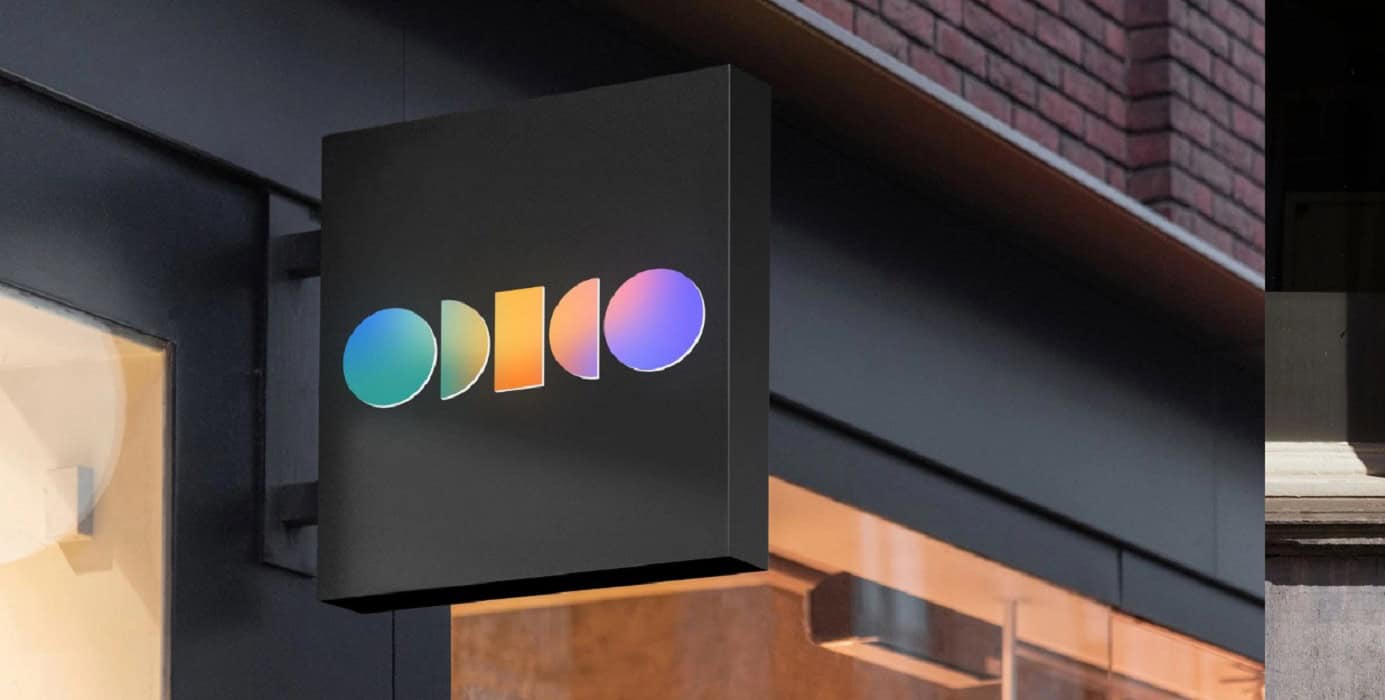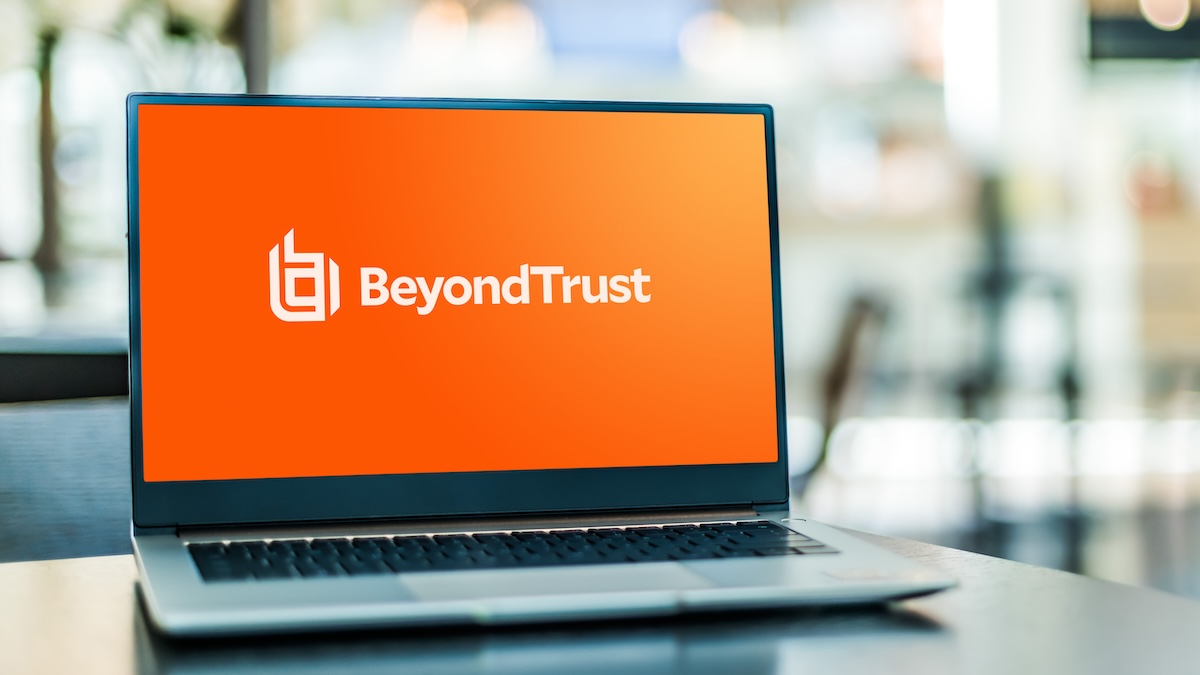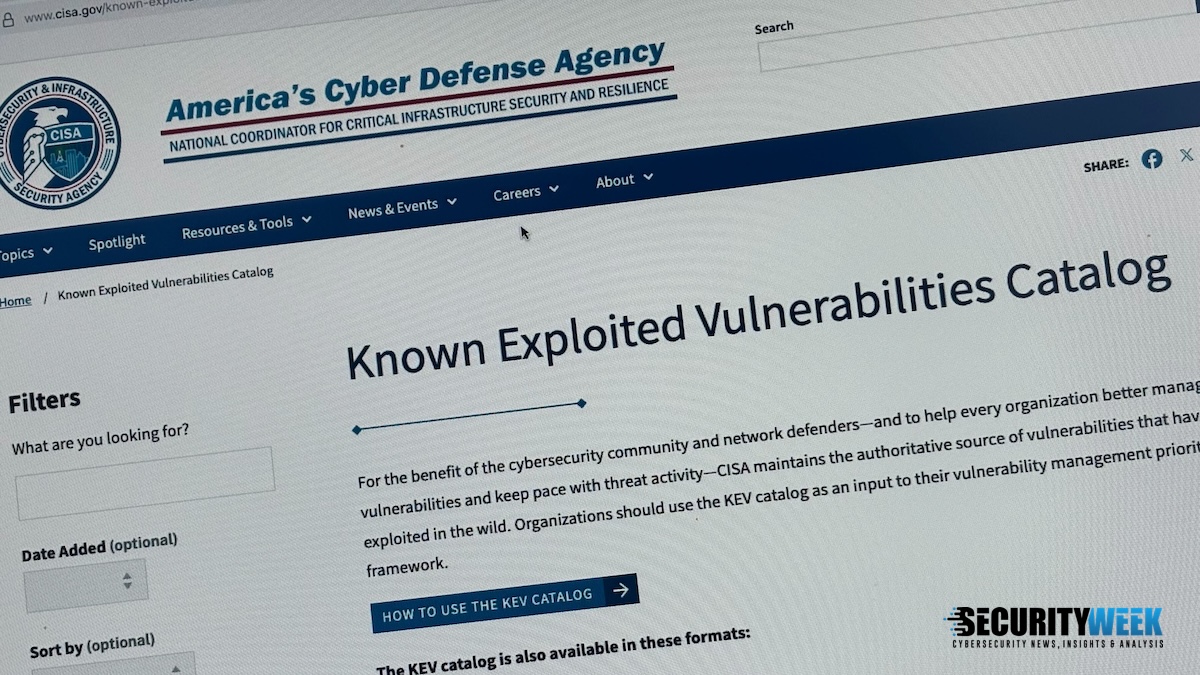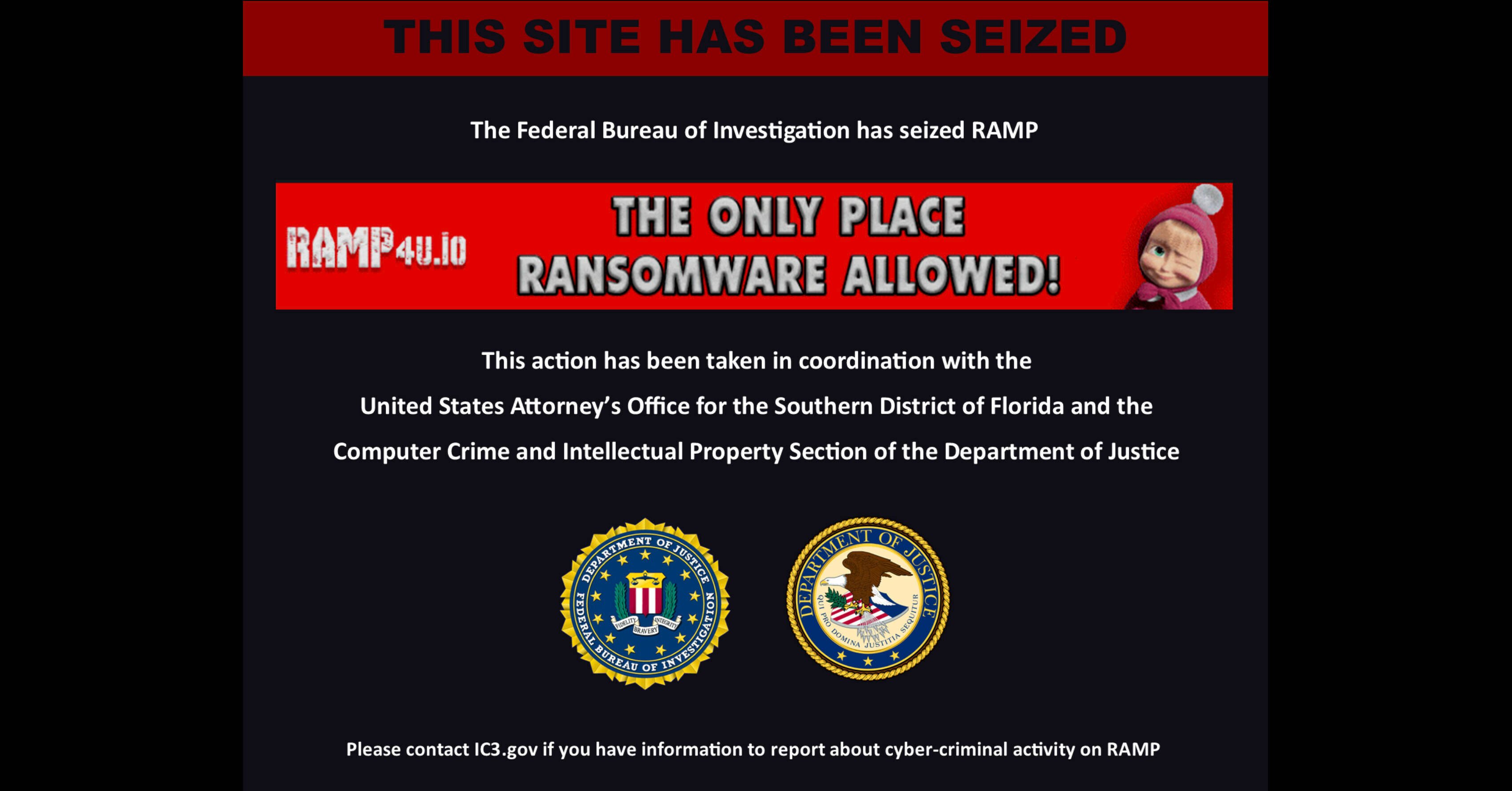#ransomware
#ransomware
[ follow ]
#data-breach
Privacy professionals
fromTechzine Global
1 day agoAll data from dutch Telco Odido hack now online
ShinyHunters released all stolen data from Odido's 6.5 million customers and 600,000 companies online after the company refused ransom payment, exposing names, addresses, social security numbers, ID documents, and sensitive personal information.
Information security
fromTheregister
4 days agoDouble whammy: Steaelite RAT bundles data theft, ransomware
Steaelite, a new remote access trojan sold on cybercrime networks, enables double extortion attacks on Windows machines through ransomware, data theft, credential stealing, and live surveillance controlled via a centralized browser-based dashboard.
Information security
fromDataBreaches.Net
5 days agoExtorting the Extorters? Moscow man accused of posing as FSB officer to extort Conti ransomware gang - DataBreaches.Net
A Moscow resident was accused of extorting money from the Conti ransomware group by impersonating an FSB officer and threatening criminal prosecution.
fromFuturism
1 week agoAI Is Destroying Grocery Supply Chains
Whole Foods shelves sit empty after a data breach shut down its wholesale distributor. Meat packers working for JBS Foods are paralyzed as an $11 million ransomware attack takes out their processing facilities. Some 2.2 million workers at Stop & Shop and Hannaford have their personal data exposed as the result of a cyberattack on parent company Ahold Delhaize USA. These scenarios, straight from a William Gibson novel, are becoming increasingly common in supply chains across the world.
Food & drink
Information security
fromDataBreaches.Net
1 week agoOklahoma Cheyenne and Arapaho Tribes say ransomware disrupted tribal systems - DataBreaches.Net
Ransomware attack forced Cheyenne and Arapaho Tribes to shut down tribal networks, disrupting communications and suspending some operations while recovery and investigation proceed.
fromSecurityWeek
2 weeks agoMan Linked to Phobos Ransomware Arrested in Poland
A 47-year-old man arrested by police in Poland for allegedly being involved in cybercriminal activities has been linked to the Phobos ransomware operation. According to Poland's Central Cybercrime Bureau, officers found hacking tools, credentials, payment card numbers, and server IP addresses on the unnamed suspect's devices during a search. They also discovered that the suspect had exchanged messages with the Phobos ransomware group.
Information security
fromTheregister
2 weeks agoInfosec exec sold eight zero-day exploit kits to Russia: DoJ
That changed last week when the US Department of Justice published a sentencing memorandum [PDF] that frames Williams' conduct as a betrayal of his employer and the US government, and the cause of significant harm to US national security. Williams "made it possible for the Russian Broker to arm its clients with powerful cyber exploits that could be used against any manner of victim, civilian or military around the world," the DoJ said.
Information security
Education
fromDataBreaches.Net
2 weeks agoCyber Attacks on Schools Plateaued in 2025, but More Records Exposed - DataBreaches.Net
Ransomware attacks on educational institutions remained steady in 2025 while exposed records increased sharply, driven by third-party software vulnerabilities and large higher-education breaches.
Information security
fromSecurityWeek
2 weeks agoHacktivists, State Actors, Cybercriminals Target Global Defense Industry, Google Warns
Hacktivists, state-sponsored actors, and cybercriminals are intensifying attacks on the global defense industrial base using espionage, ransomware, and LLM-assisted techniques.
fromThe Hacker News
3 weeks agoReynolds Ransomware Embeds BYOVD Driver to Disable EDR Security Tools
Cybersecurity researchers have disclosed details of an emergent ransomware family dubbed Reynolds that comes embedded with a built-in bring your own vulnerable driver (BYOVD) component for defense evasion purposes within the ransomware payload itself. BYOVD refers to an adversarial technique that abuses legitimate but flawed driver software to escalate privileges and disable Endpoint Detection and Response (EDR) solutions so that malicious activities go unnoticed. The strategy has been adopted by many ransomware groups over the years.
Information security
fromThe Hacker News
3 weeks agoFrom Ransomware to Residency: Inside the Rise of the Digital Parasite
To be clear, ransomware isn't going anywhere, and adversaries continue to innovate. But the data shows a clear strategic pivot away from loud, destructive attacks toward techniques designed to evade detection, persist inside environments, and quietly exploit identity and trusted infrastructure. Rather than breaking in and burning systems down, today's attackers increasingly behave like Digital Parasites. They live inside the host, feed on credentials and services, and remain undetected for as long as possible.
Information security
fromZDNET
3 weeks agoThis new 'sleeperware' doesn't set off alarms or crash your system - it sneaks in and waits
In its annual Red Report, a body of research that analyzes real-world attacker techniques using large-scale attack simulation data, Picus Labs warns cybersecurity professionals that threat actors are rapidly shifting away from ransomware encryption to parasitic "sleeperware" extortion as their means to loot organizations for millions of dollars per attack. Released today and now in its sixth year, the 278-page Red Report gets its name from Picus-organized cybersecurity exercises that take the perspective of the attacker's team, otherwise known as the "red team."
Information security
Information security
fromSecuritymagazine
3 weeks agoUnderstanding Breaches Before and After They Happen: What Every Organization Should Know
Most security breaches result from neglected fundamentals—human error, unpatched systems, weak authentication, and poor network segmentation—rather than advanced, novel exploits.
Higher education
fromTechCrunch
3 weeks agoOne of Europe's largest universities knocked offline for days after cyberattack | TechCrunch
La Sapienza University’s computer systems have been offline for three days after an apparent ransomware attack affecting emails and workstations; recovery is underway from backups.
Information security
fromComputerWeekly.com
4 weeks agoRansomware gangs focus on winning hearts and minds | Computer Weekly
Ransomware gangs are professionalizing, scaling affiliate models, recruiting insiders and cyber professionals, and offering larger commissions and better OpSec to enable more successful attacks.
Information security
fromTechCrunch
1 month agoFintech firm Marquis blames hack at firewall provider SonicWall for its data breach | TechCrunch
Marquis attributes an August 2025 ransomware attack to credential exposure from its firewall provider SonicWall's cloud backup breach and plans to seek compensation.
fromComputerWeekly.com
1 month agoBroken decryptor leaves Sicarii ransomware victims adrift | Computer Weekly
A coding error, possibly introduced thanks to over-reliance on artificial intelligence (AI) vibe coding tools, has rendered an emergent strain of ransomware an acutely dangerous threat, according to researchers at Halcyon's Ransomware Research Center (RRC). The Sicarii ransomware-as-a-service (RaaS) operation emerged from the cyber criminal underground in December 2025, when it started advertising for affiliates on the dark web.
Information security
Information security
fromThe Hacker News
1 month agoMulti-Stage Phishing Campaign Targets Russia with Amnesia RAT and Ransomware
Multi-stage phishing campaign targets Russian users, using social-engineered documents, cloud-hosted loaders, Defender-disable tricks, and deployments of Amnesia RAT and ransomware.
fromDataBreaches.Net
1 month agoHHS OCR comments on its 2026 priorities - DataBreaches.Net
OCR continues to execute its enforcement mission under its statutory and regulatory authorities regarding civil rights, exercise of conscience, and health information privacy and security, and breach notification. OCR continues to investigate complaints filed, to conduct compliance reviews, and to review breaches of unsecured protected health information. OCR will be responsive to the HIPAA trends and compliance issues within OCR's jurisdiction that are affecting the public and the regulated industry.
Privacy professionals
fromComputerWeekly.com
1 month agoBusiness leaders see AI risks and fraud outpacing ransomware, says WEF | Computer Weekly
Midway through a decade that is coming to be defined by the runaway acceleration of technological change, the threat of ransomware attacks seems to be dropping down the agenda in boardrooms around the world, with C-suite executives more concerned about growing risks arising from artificial intelligence (AI) vulnerabilities, cyber-enabled fraud and phishing attacks, disruption to supply chains, and exploitation of software vulnerabilities.
Information security
Information security
fromDataBreaches.Net
1 month agoCrazyHunter ransomware escalates with advanced intrusion tactics, six Taiwan healthcare victims confirmed - DataBreaches.Net
CrazyHunter ransomware, a Go-based Prince fork, has rapidly evolved with advanced intrusion and evasion capabilities, targeting Taiwanese healthcare providers and leaking stolen data.
France news
fromDataBreaches.Net
1 month agoBasketball player arrested for alleged ransomware ties freed in Russia-France prisoner swap - DataBreaches.Net
Daniil Kasatkin, a Russian basketball player accused of negotiating for a ransomware gang, was freed in a prisoner exchange between Russia and France.
Information security
fromThe Hacker News
1 month agoCybersecurity Predictions 2026: The Hype We Can Ignore (And the Risks We Can't)
Organizations must prioritize evidence-based cybersecurity predictions focusing on targeted ransomware, internal AI-related risks, and skepticism about AI-orchestrated attacks.
fromTheregister
1 month agoRansomware attacks kept climbing in 2025
Trackers keeping an eye on ransomware leak sites logged more than 8,000 claimed victims worldwide in 2025, a rise of more than 50 percent compared to 2023. The counts come from outfits watching dark web shaming pages such as Ransomware.live and RansomLook.io, so they only include cases where crooks decided to post receipts. Plenty of victims, Emsisoft says, will have paid up, recovered, or kept quiet without ever appearing on a leak site.
Information security
[ Load more ]




























